What to expect from Microsoft in 2017
We're a long way from Zune

2016 was a largely successful year for Microsoft. Can 2017 be the same? With another new – more impressive – Xbox on the way, momentum in cloud and a great line-up of devices, it’s surely time for Microsoft to take the fight to its great rivals.
One thing seems clear; Microsoft has never looked to the future quite so much. Satya Nadella’s Microsoft isn’t such a long way from Gates’ devices-based idealism and still has some apps and services that just don’t fit. But it seems unthinkable that today’s company would make the same mistakes as Microsoft did under Ballmer.
As our columnist Gary Marshall put it in late 2016: “Now, Microsoft appears to be in a very Apple-y position. It didn’t invent 3D scanning, or Minecraft, or “mixed reality”. But it’s found a way to weave those disparate technologies into Windows and Xbox in a way that really makes sense. Not only that, but it made them exciting. Maybe even sexy. Sexy? From the same firm that tried to sell us a brown Zune?”
Yep, we’re a million miles away from Zune. Let’s check out what we reckon we’ll get from Microsoft in 2017.
Project Scorpio is coming!
The most exciting thing coming from Microsoft in 2017? Why Project Scorpio of course! The PS4 Pro may support 4K gaming, but it doesn’t have a 4K Blu-ray slot – expect Scorpio to have both. The console was announced at Microsoft's E3 2016 press conference, and it claims it's going to be the most powerful console ever built.
Expect VR support, six teraflops of 60Hz graphics performance, plus a price around the level of the PS4 Pro. We reckon it’ll be with us around October. Drawing on its extensive console heritage, AMD will also power the Scorpio: "We are proud that Microsoft has chosen to expand their Xbox One family of devices with two new consoles featuring AMD's high-performance semi-custom SoCs that support revolutionary new technologies like HDR, 4K and high fidelity VR to enable the next generation of immersive gaming experiences."

For the creators
Coming in the Spring, the next update to Windows 10 is called the Creators Update. As the name suggests, this is all about the desktop OS making it easier for you to make stuff, pushing forward with 3D content creation.
Get daily insight, inspiration and deals in your inbox
Sign up for breaking news, reviews, opinion, top tech deals, and more.
Paint 3D is, of course, part of this creative drive, and the revamped app aims to be a dead easy to use 3D art studio, allowing you to do things like snap a photo with your phone camera and pull out an object from it, capturing it in 3D and then sharing it directly. What Microsoft is doing with the Windows 10 Creators Update isn’t just about the creators of today – it’s also thinking about the creators of tomorrow.
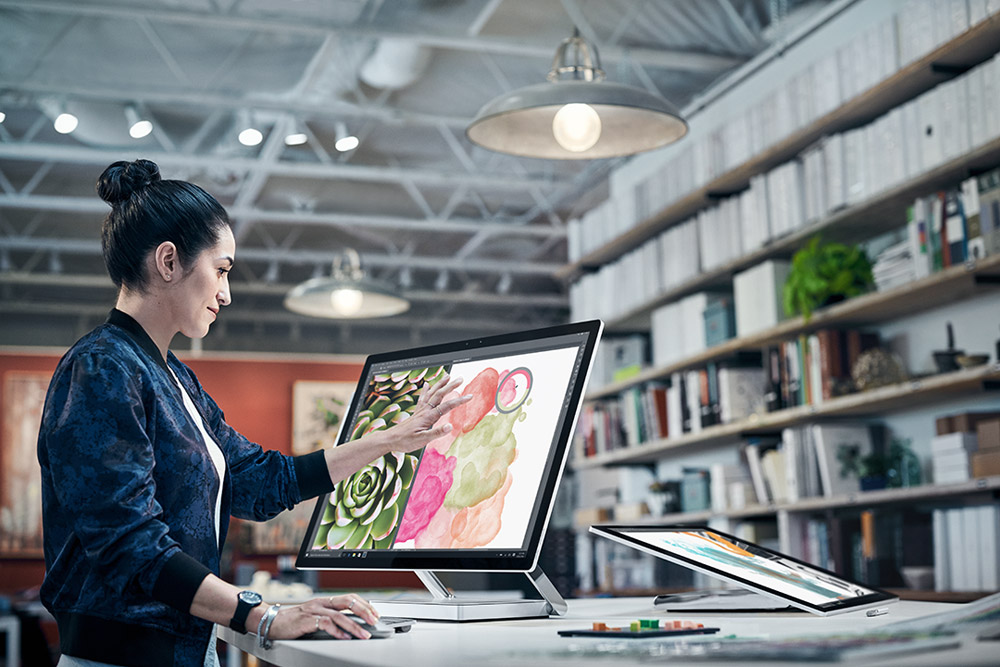
Will we finally see Surface Phone?
Microsoft has been chastened by its experience of producing mobile hardware over the last few years. The acquisition of Nokia’s smartphone division was nothing short of disastrous. So could it really be the case that it’ll launch a new phone in 2017?
We think so, yes. Microsoft’s Surface gear is a strong suite of devices so why not a true, flagship phone? And with Windows 10 Mobile finally showing some of the polish that should have been a hallmark of Windows Phone for over half a decade, perhaps it’s time for Microsoft to do phones properly.
Recent reports suggest a 5.5-inch display size for one or possibly two Surface Phone devices, while ‘laptop accessories’ (think keyboards and a stylus) have also been mooted. Rumours also point to the latest Qualcomm Snapdragon 835 processor and as much as 6GB of memory so it can run desktop apps and act like a PC (using Windows 10 Continuum) when hooked up to a keyboard, mouse and monitor.
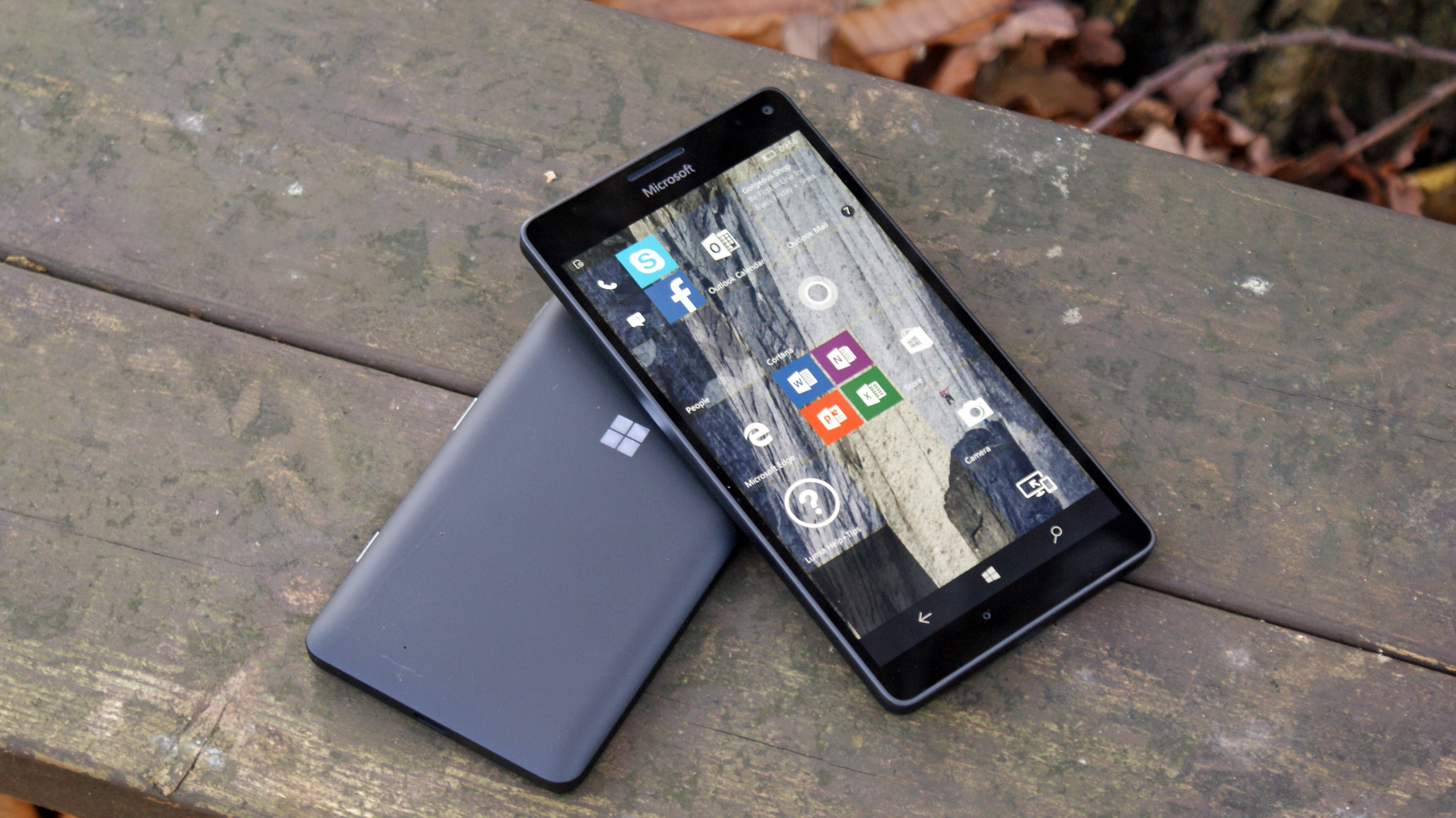
Windows, devices and Cortana
Microsoft’s Build conference is in early May – expect more detail on what the next step is for Windows – will we see another update or two or will Microsoft start to talk about Windows 11? We know that Windows won’t have a major new version in the way it has before, but surely Microsoft can’t stick with Windows 10 forever.
Also expect a LOT more around Cortana as it moves into other devices – can it really take the fight to Siri and Alexa? Not to mention Google Assistant...
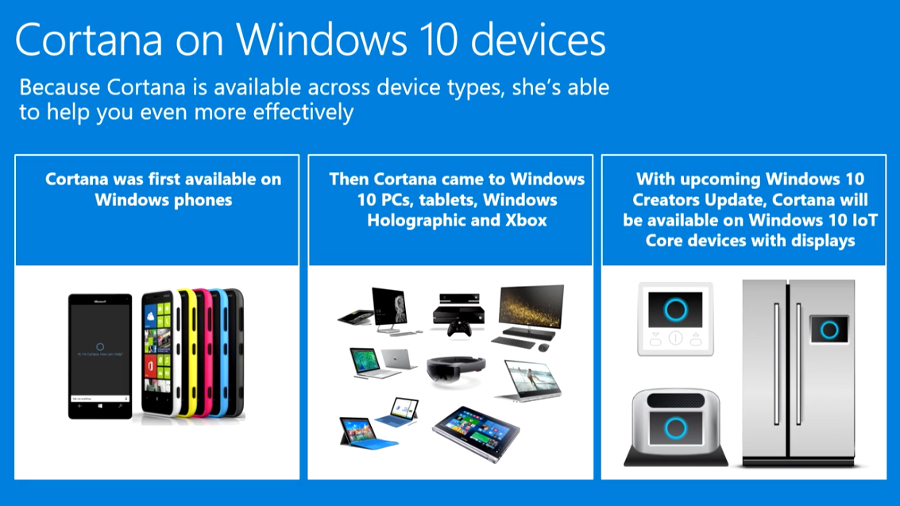
Console cycles meaning nothing
It’s clear that consoles are now on a more regular update cycle. Microsoft's Albert Pinello: "I hear people use the mobile phone analogy to sort of describe it and I think that I can understand why that makes sense. People use the PC analogy and I think that makes sense. The challenge of course is whenever you say that you always go into the negatives, or you go into how that market - the mobile phone market - is different from consoles.
"Usage models are different, financing is different ... I don't think we want to get the expectation of, like, 'every year there's these very minor changes and we just inundate the market.' We've gotta figure out how this makes sense for console gamers, and respect what makes console gaming great as we go through this transition."

A new Surface Pro
We didn’t get a new Surface Pro in 2016 but surely we will in 2017 – Surface Pro 5, presumably. Also expect a major upgrade to the Surface Book. If we don’t get that, Microsoft’s ‘ultimate laptop’ will start to look passé. And for such a great device that would be a crying shame.
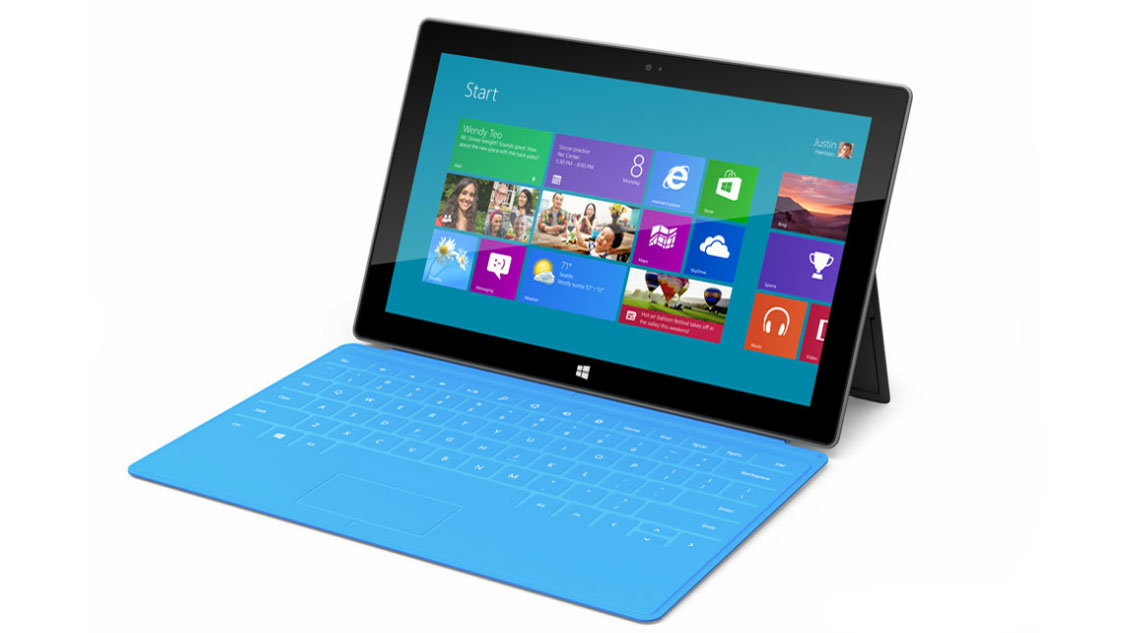
A mixed reality future
It’s clear that Microsoft has a vision for the future beyond the PC, and it’s pretty exciting. Microsoft broadened availability for HoloLens late in 2016, but the developer edition of the device will set you back an even more eye-watering £2,719 in the UK, while it’s AU$4,369 in Australia. It’s too expensive for mainstream use, but Microsoft has teamed up with OEMs to make VR versions of HoloLens at a price point that lands somewhere in between the budget options of Google’s Daydream View and Samsung Gear VR and – at the other end of the scale – PS VR, Oculus Rift and HTC Vive.
Microsoft is aiming to be on the front foot for both augmented reality and virtual reality, plus 'connected mixed reality experiences' as Microsoft put it (naturally including HoloLens).
At the October 2016 Windows event, Microsoft’s Taj Reid wore a VR headset running Windows 10, enabling him to watch a football match on a giant screen right up close, or engage in a ‘holotour’ in which he wandered about amongst some old Roman buildings.
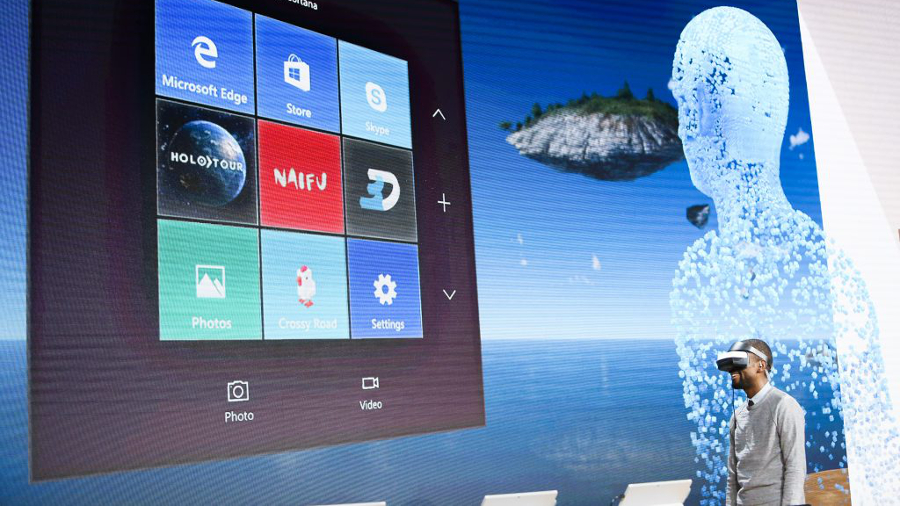
Paint 3D opens up new possibilities
At the same event Microsoft showed how it’s possible to scan things in the real world using a 3D capture app your phone and make them into 3D models. Reid showed off a demo with HoloLens, showing him browsing in Edge, and taking an object – in this case a stool – and pulling it out from the online shop, to place it in the real-world room to see how it looks next to a table. Pretty nifty, and a feature that should make online shopping decisions a whole lot easier, as you can 'virtually' see what you're buying.
Paint 3D is part of this creative drive, and the revamped app aims to be a dead easy to use 3D art studio, allowing you to do things like snap a photo with your phone camera and pull out an object from it, capturing it in 3D and then sharing it directly.

Meanwhile in 2027…
Microsoft reckons that the search box could disappear at the of the next decade – and that VR will be so immersive we can completely escape reality as we know it.
Mar Gonzalez Franco, researcher with Microsoft Research's New Experiences and Technologies group said: "By 2027 we will have ubiquitous virtual reality systems that will provide such rich multisensorial experiences that will be capable of producing hallucinations which blend or alter perceived reality," she said.
Search engine usage will change, too. Susan Dumais, deputy managing director of Microsoft Research Lab, envisions the search box's complete disappearance by 2027. Instead, "It will be replaced by search functionality that is more ubiquitous, embedded and contextually sensitive. We are seeing the beginnings of this transformation with spoken queries, especially in mobile and smart home settings." Now that’s pretty cool, eh?
Dan (Twitter, Google+) is TechRadar's Former Deputy Editor and is now in charge at our sister site T3.com. Covering all things computing, internet and mobile he's a seasoned regular at major tech shows such as CES, IFA and Mobile World Congress. Dan has also been a tech expert for many outlets including BBC Radio 4, 5Live and the World Service, The Sun and ITV News.